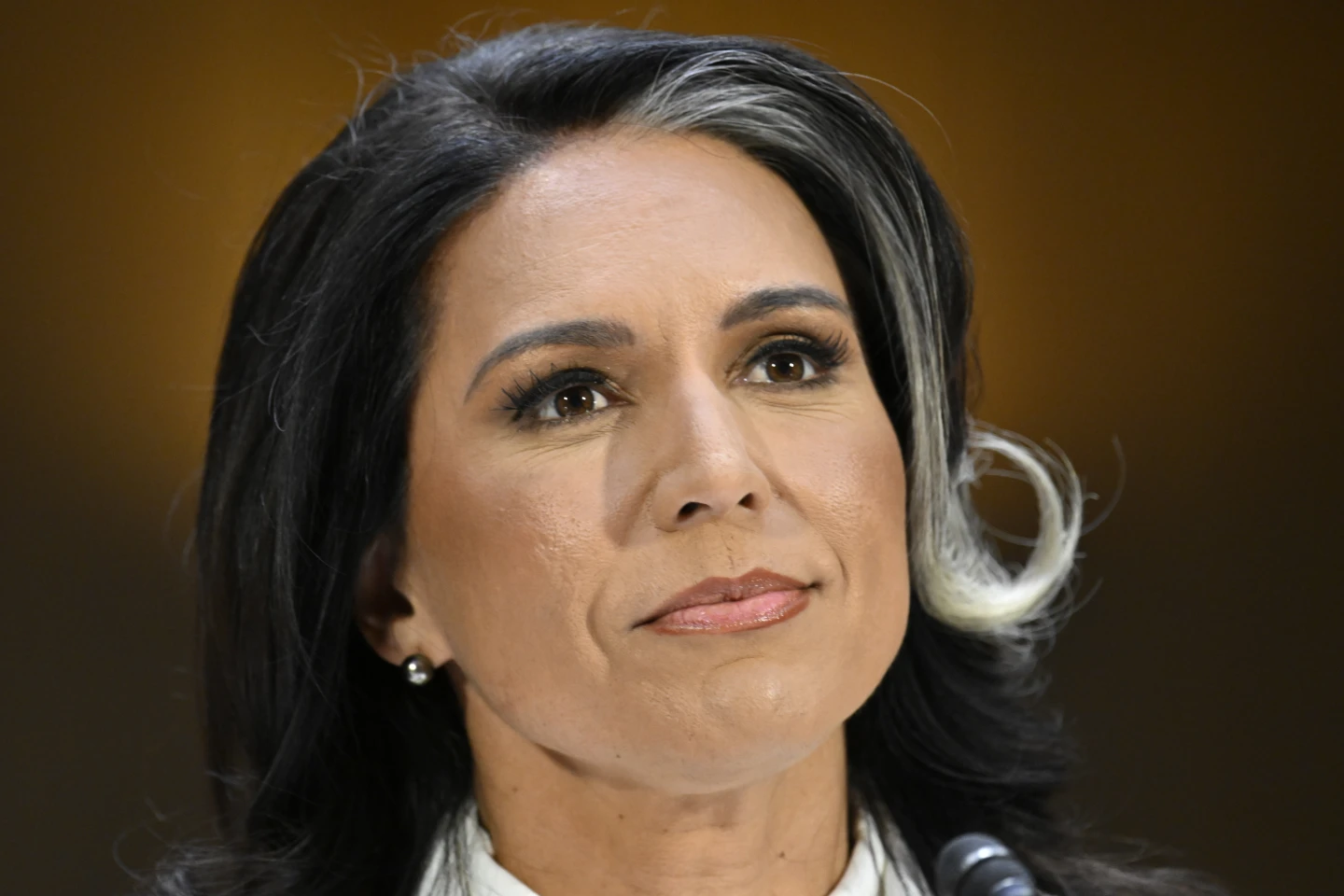Director of National Intelligence Tulsi Gabbard has taken sweeping actions against what she describes as “deep state holdovers” within the intelligence community, firing two senior National Intelligence Council (NIC) leaders and reorganising the agency’s reporting structure to prevent what she calls the “politicisation of intelligence.”
Gabbard terminated Mike Collins, acting NIC chair and his deputy, Maria Langan-Riekhof, on Tuesday. Whistleblowers had accused both officials of being “radically opposed to Trump” and allegedly manipulating intelligence assessments for political purposes.
Collins faces outstanding whistleblower allegations which state that he deliberately undermined the Trump transition team in 2016. Officials note his close association with former CIA deputy director Michael Morell, who organised the controversial 2020 letter dismissing Hunter Biden’s laptop as potential Russian disinformation. Langan-Riekhof reportedly championed diversity initiatives that critics claim diverted resources from core intelligence missions.
In a significant structural change, Gabbard is transferring NIC oversight from the CIA to her direct control at the Office of the Director of National Intelligence (ODNI). The move comes amid what officials describe as an ongoing effort to root out “career bureaucrats that are entrenched in Washington politics.”
The purge follows Gabbard’s April referrals of three intelligence professionals for leaking classified material to major newspapers. An ODNI investigation is currently examining twelve additional suspected leakers, including two “CIA detailees” fired in early May for improperly sharing a sensitive assessment about the violent Tren de Aragua gang.
“Those who leak classified information will be found and held accountable to the fullest extent of the law,” Gabbard stated last month.
To institutionalise reforms, Gabbard established the Director’s Initiative Group (DIG) in April – a special task force investigating intelligence community weaponisation. The unit has a broad mandate to expose unauthorised disclosures, eliminate politicised analysis, and accelerate declassification of documents serving public interest.
The shakeup occurs against the backdrop of stalled confirmations for critical intelligence positions. ODNI currently lacks Senate-approved leaders for its principal deputy director, counterterrorism center, counterintelligence operations, inspector general, and general counsel offices – vacancies officials say hamper the Trump administration’s ability to fully implement its agenda.
Current and former intelligence officials remain divided on whether Gabbard’s actions represent necessary reforms or dangerous politicisation of the nonpartisan intelligence apparatus.


